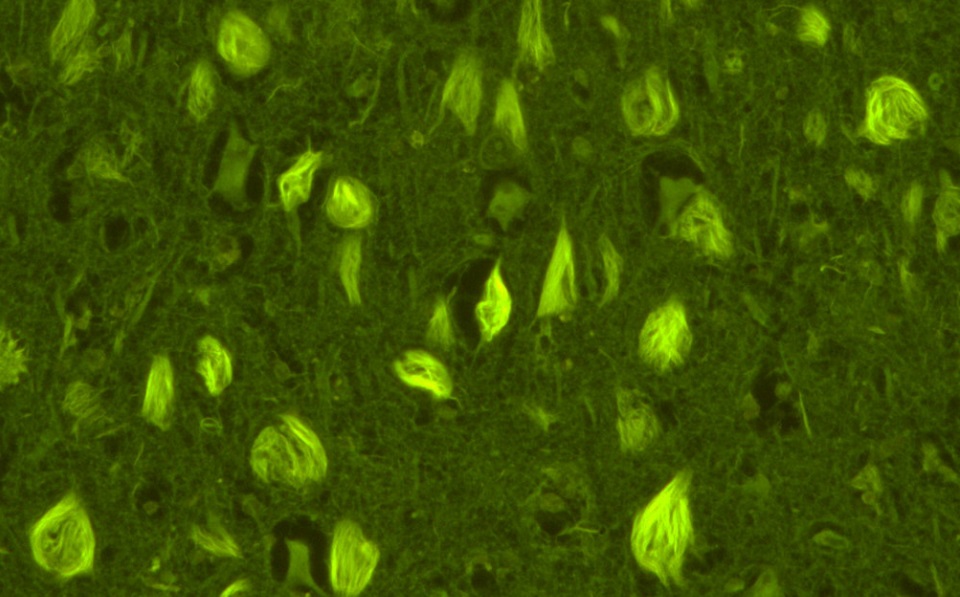
Brain UK study ref: 20/015,
Lay summary,
Project status: Closed
Cellular senescence in brain ageing and Alzheimer’s disease
Lorena Arancibia and Bart de Strooper, UK Dementia Research Institute, University College London
As of today, there is no cure for Alzheimer´s disease, the most common cause of dementia. There is an urgent need to explore new avenues in order to find effective treatments. Here, we propose to study the influence of a particular type of inflammation in Alzheimer´s disease, senescence-related inflammation.
Cells in our body can suffer damage and, when that happens, they have to decide how to respond to it. If the injury is mild, they can repair themselves; if the injury is severe, they will die. There is also an intermediate state called “senescence”. Senescent cells stop dividing and start secreting inflammation signals to alert the immune system to danger. If the immune system fails to eliminate these cells and stop the inflammation, senescent cells will accumulate and aggravate the damage. As we age, the number of damaged “senescent” cells increases and directly contributes to chronic diseases like Alzheimer´s disease.
In the first part of this project, we would like to explore which cell types become “senescent” in the brain of old people in comparison to the brain of Alzheimer´s disease patients. Our hypothesis is that the disease will increase the number of senescent cells and, probably, induce senescence in cell types not affected during healthy ageing.
We believe that understanding the role of cellular senescence during brain ageing and in Alzheimer´s disease could teach us a new way to balance inflammation and hopefully slow down the progression of the disease.
